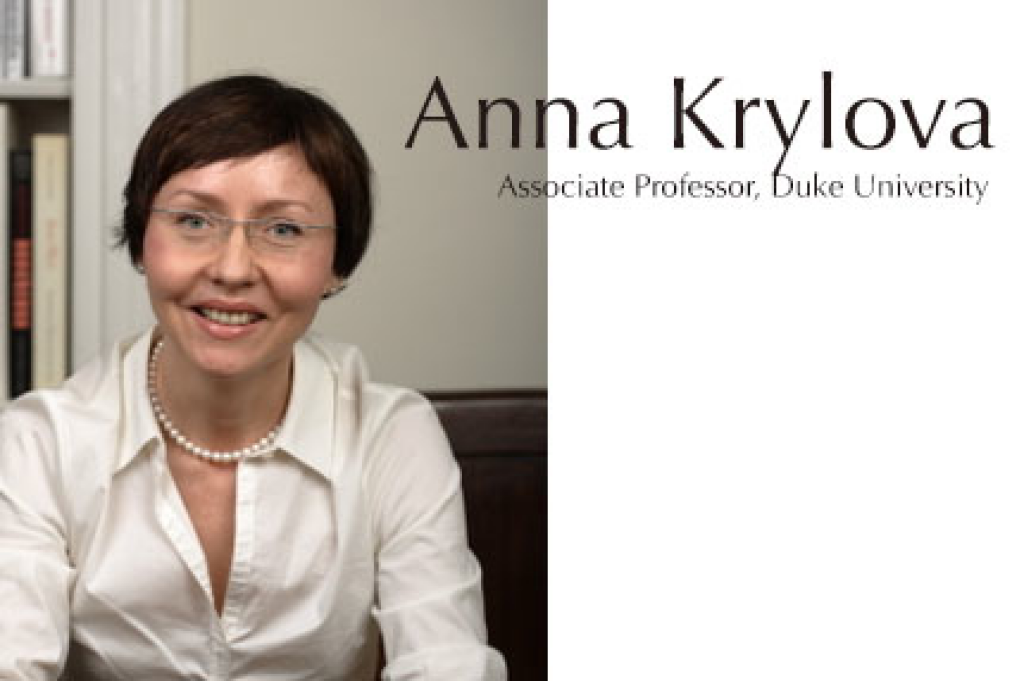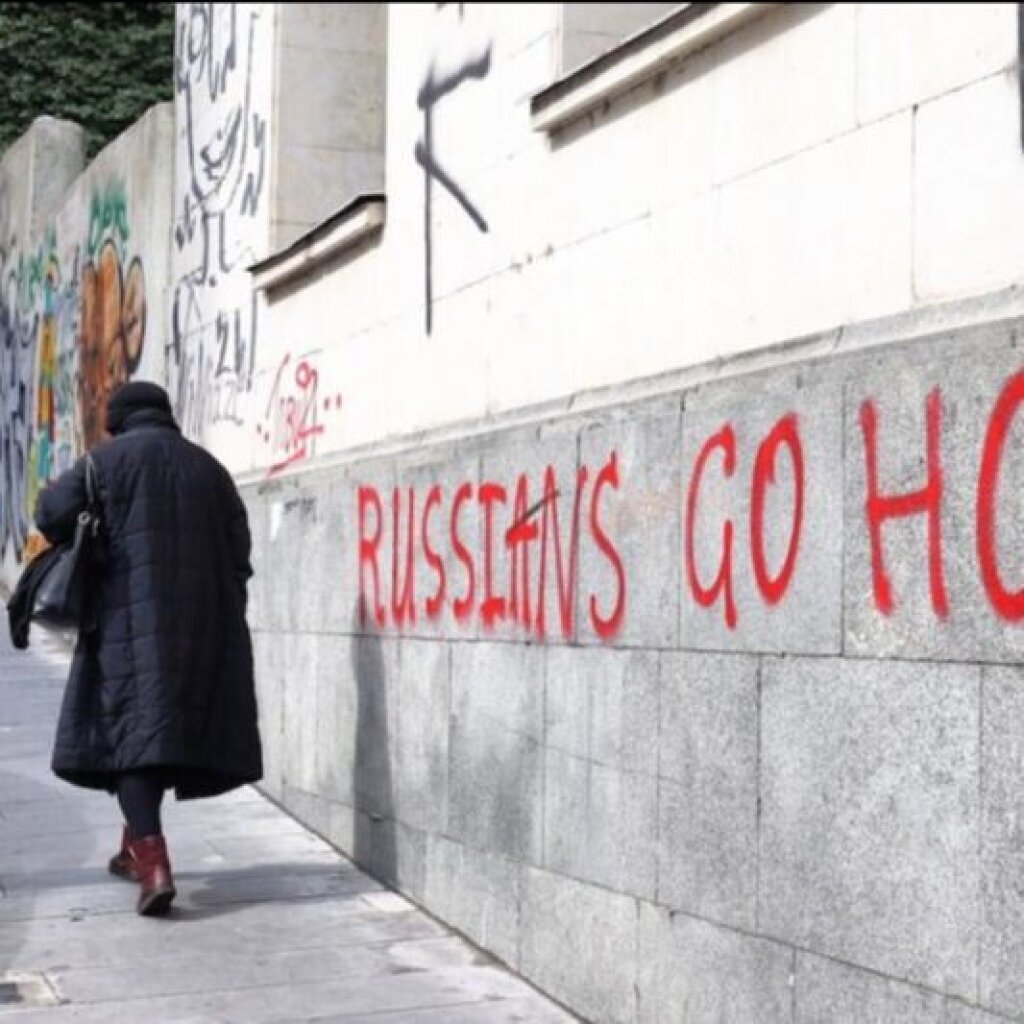Anna Krylova, Duke University
Since the 1980s, the defining category of gender history – i.e. gender – has been firmly linked by scholars to the notion of historical variability and instability. And, yet, the field has also generated a critique that, in striking contrast to the definitional matrix of gender as "variable," "fluid," changing," "contradictory," and "subversive," posits its work in academic literature of the 1990s and 2000s as "fixing," "reinscribing," and "reifying" of the very heteronormative binary it was supposed to deconstruct. The question that Professor Krylova derives from this ongoing controversy is how a pioneering discipline formed around pioneering presumptions of instability of cultural form and deconstructive methods of reading could reify (or appear to) the cultural terms under its critical analysis. In her talk, she undertakes a history of the gender category – its definitional and interpretive parameters – and investigates its constitutive interpretive limitations through examples from 20th Century Russia.
Anna Krylova
is Associate Professor of Modern Russian History at Duke University. She specializes in intellectual, cultural, and gender history of modern Russia. Her interests also include questions of historical interpretation and gender theory. She has published widely on the cultural and intellectual history of Soviet and post-Soviet Russia, rethinking the history of building socialism in the age of globalization. She is the author of Soviet Women in Combat: A History of Violence on the Eastern Front (Cambridge University Press, 2010) which won the 2011 Herbert Baxter Adams Prize of the American Historical Association. The book is an exploration of historical and theoretical ways of conceptualizing heterosexual subjectivity, sexual difference, and gender forms other than along opposition-bound imperatives. It reveals a world in which neither women nor their male contemporaries had to consider the "woman soldier" to be an oxymoron.
To see images from the event
.


